
Ronald Reagan’s Watch: The Hidden Story Behind His Presidential Timepiece (2025 Review)
Ronald Reagan’s watch choice reveals a fascinating story about presidential style and tradition. During his time as the 40th President, Reagan wore a steel
Quartz vs. Mechanical: Choosing Your Perfect Watch
Ever stared at a wall of watches—whether in a store, online, or even in your friend’s Instagram stories—and thought, What’s the difference? Why do some watches cost $20 while others look like they could pay off your car loan? If you’ve ever noticed terms like “quartz” or “mechanical” tossed around and had no clue what they meant, don’t worry. You’re not alone. Let’s break it down in the most straightforward way possible so you can make a decision without feeling like you need an engineering degree.
Alright, first things first—what’s a watch movement? In simple terms, it’s the thing that makes your watch tick (literally). It’s like the engine of a car, the heart of a human, or the Wi-Fi router of your house. Without it, your watch is just a pretty accessory that doesn’t tell time.
There are two main squads in the watch movement world: quartz (the modern, battery-powered gang) and mechanical (the old-school, gear-loving crew). Both have their pros and cons, and which one you choose depends on what you’re into.
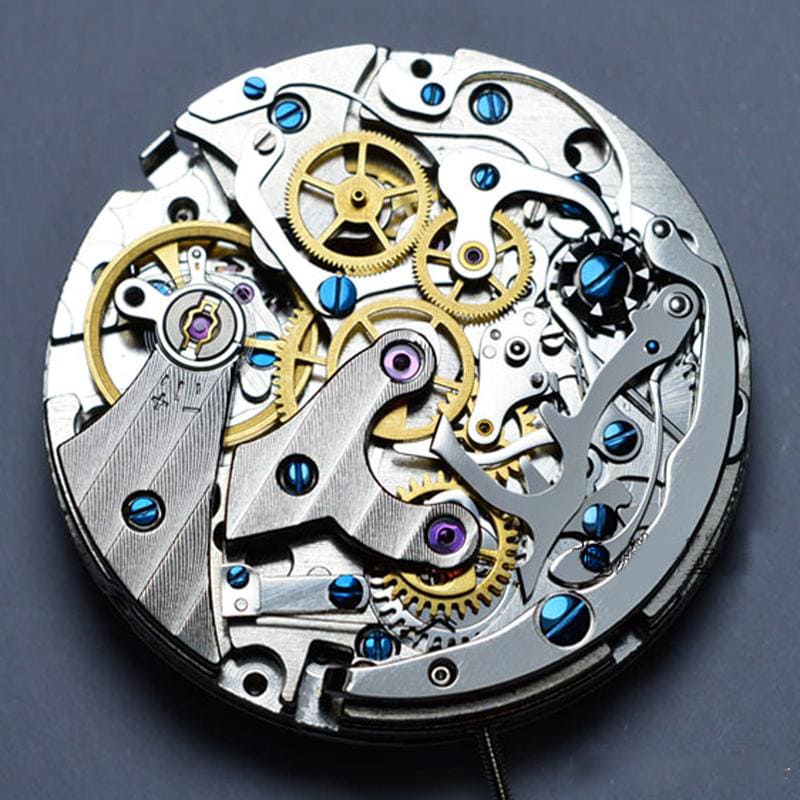
Let’s start with quartz watches—the no-drama option for people who just want a reliable timepiece that doesn’t ask for too much attention. Quartz watches hit the scene in the 1960s and immediately shook up the watch world. Why? Because they’re insanely accurate and way more affordable than mechanical watches.
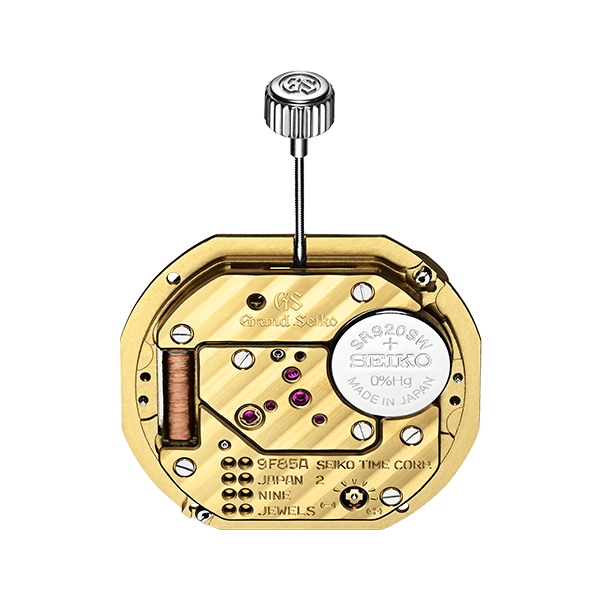
Quartz watches run on—you guessed it—a little piece of quartz crystal. A battery sends a small electric charge through the crystal, making it vibrate at an incredibly precise frequency (32,768 times per second, if you’re into numbers). These vibrations drive the motor that moves the hands on your watch.
1. Accuracy: Quartz watches are scary accurate. We’re talking about being off by just a few seconds per month. Compare that to mechanical watches, which can lose or gain several seconds per day, and you’ll see why quartz is the go-to for everyday reliability.
2. Affordable: A solid quartz watch won’t break the bank. You can grab one for $20 and still get decent quality, whereas mechanical watches often start in the hundreds (or thousands).
3. Hassle-Free: No winding. No worrying about whether it’ll stop halfway through your day. Just swap out the battery every few years, and you’re good to go.
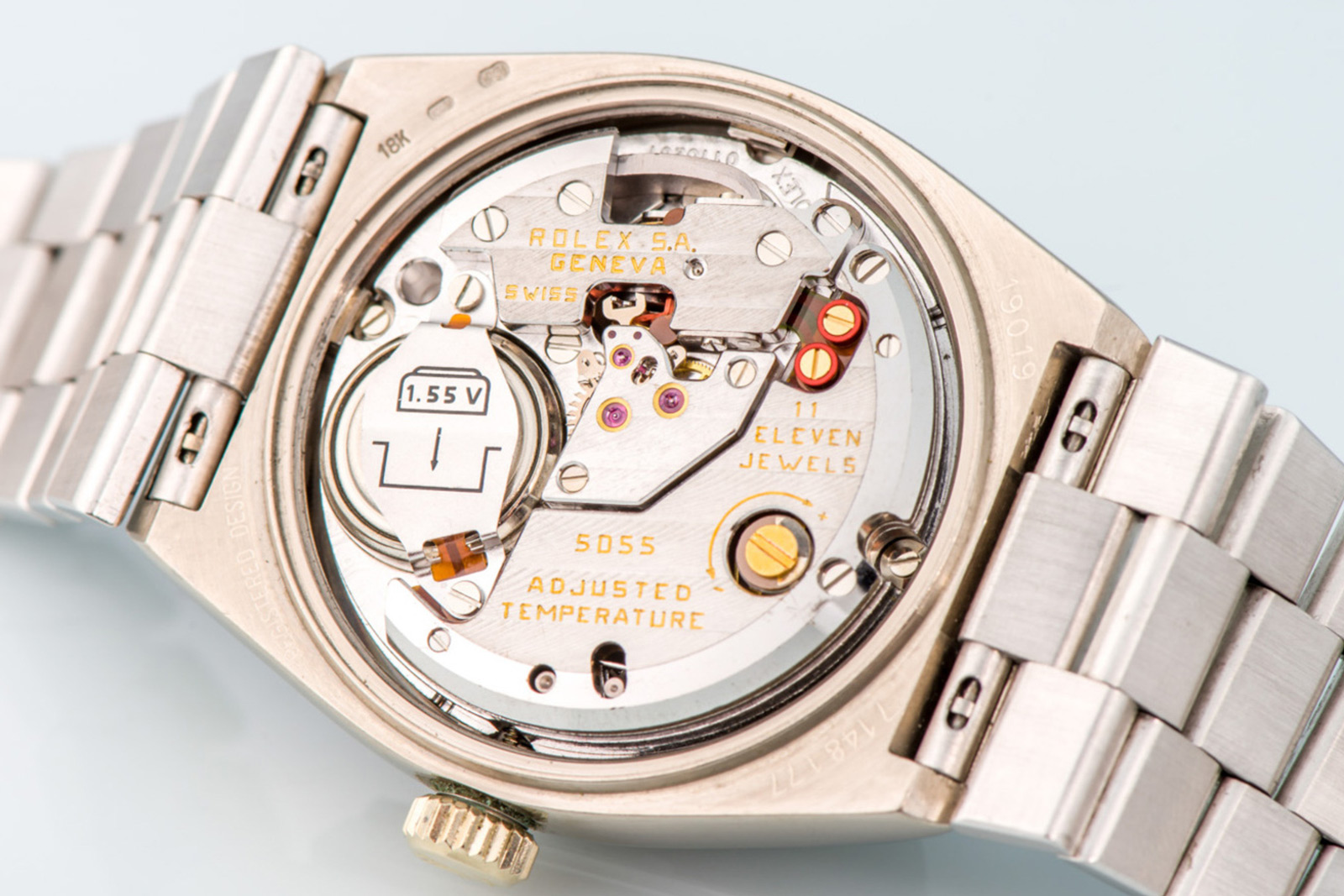
Here’s the thing: quartz watches don’t have that wow factor. They’re functional, but they lack the artistry and history that mechanical watches bring to the table. Think of quartz as the Toyota Corolla of watches—practical, dependable, but not something you’ll brag about at a dinner party.
These watches have been around for centuries (we’re talking 1500s), and they’re all about precision engineering and craftsmanship. A mechanical watch doesn’t just tell time; it tells a story.
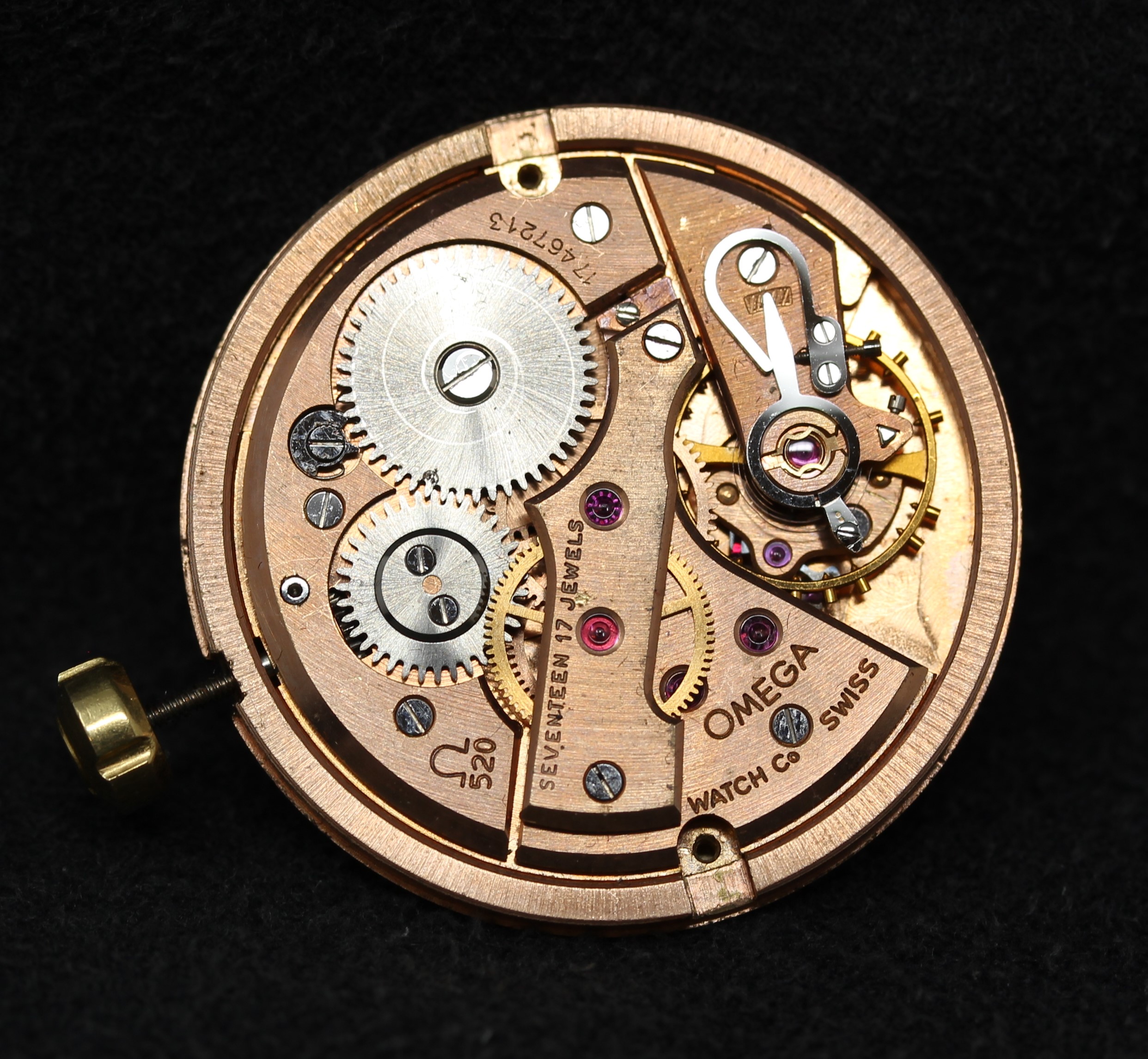
Unlike quartz watches, mechanical ones don’t rely on batteries. Instead, they’re powered by a mainspring—a tiny coiled wire that stores energy when wound. That energy gets released in controlled bursts, powering a series of gears and levers that move the hands.
There are two main types of mechanical movements:
1. Craftsmanship: A mechanical watch is like a tiny piece of art on your wrist. Every gear, spring, and lever works together in perfect harmony. It’s mesmerizing to watch through the see-through case backs that many luxury brands use.
2. Longevity: Treat it right, and a mechanical watch will outlive you. It’s something you can pass down to your kids or even grandkids.
3. Prestige: There’s just something undeniably cool about wearing a mechanical watch. It’s a conversation starter and a flex—like saying, “Yeah, I appreciate the finer things in life.”

1. Maintenance: Mechanical watches need regular servicing to stay accurate and functional, and that’s not cheap. A routine service can cost hundreds of dollars.
2. Less Accurate: Even the best mechanical watches lose or gain a few seconds a day. It’s not a big deal, but if you’re a stickler for precision, it might bug you.
3. Delicate: Mechanical watches are more sensitive to shock, magnetism, and temperature changes, so you’ll need to treat them with care.
Let’s break it down by categories to make it easier:
1. Accuracy: Quartz wins by a landslide. If you’re someone who likes things to be on the dot, quartz is the way to go.
2. Maintenance: Quartz watches are low-maintenance champs, while mechanical watches are like high-maintenance divas.
3. Price: Quartz is wallet-friendly. Mechanical? Not so much.
4. Craftsmanship: Mechanical watches are the undisputed kings here. There’s nothing quite like seeing all those tiny gears in motion.
5. Style and Prestige: Let’s be real—mechanical watches scream “luxury” in a way quartz just can’t.
6. Longevity: A mechanical watch, if cared for properly, will last a lifetime (or two). Quartz? Not so much.
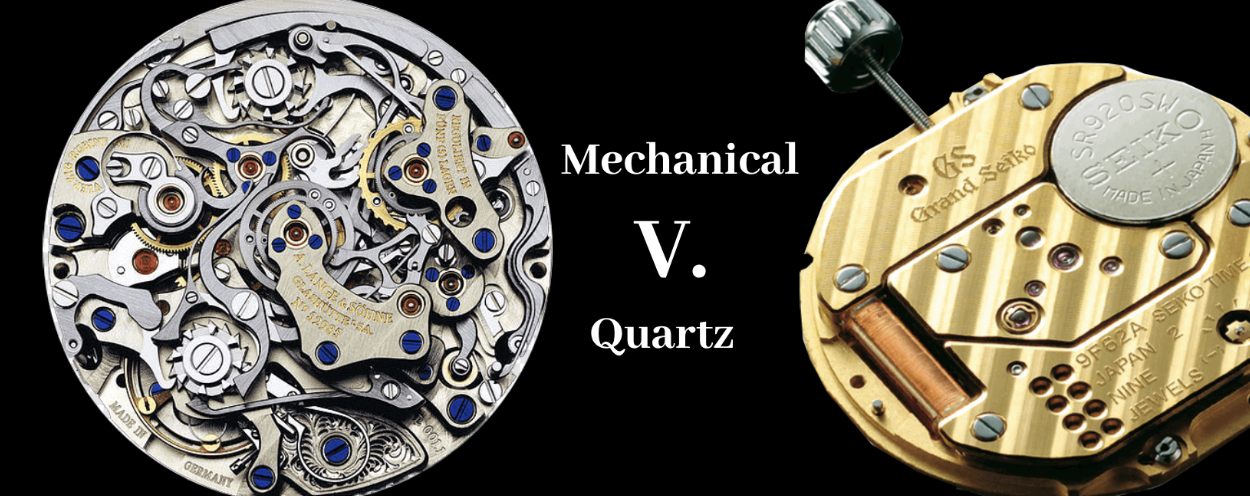
It all boils down to what you’re looking for in a watch.
You want something affordable, reliable, and low-maintenance.
You don’t care about the inner workings as long as it tells the time.
You need a watch for everyday use without worrying about winding or servicing.
You’re into craftsmanship and want a watch that feels like a work of art.
You see your watch as more than just a tool—it’s a statement piece.
You’re cool with spending more on both the watch and its upkeep.
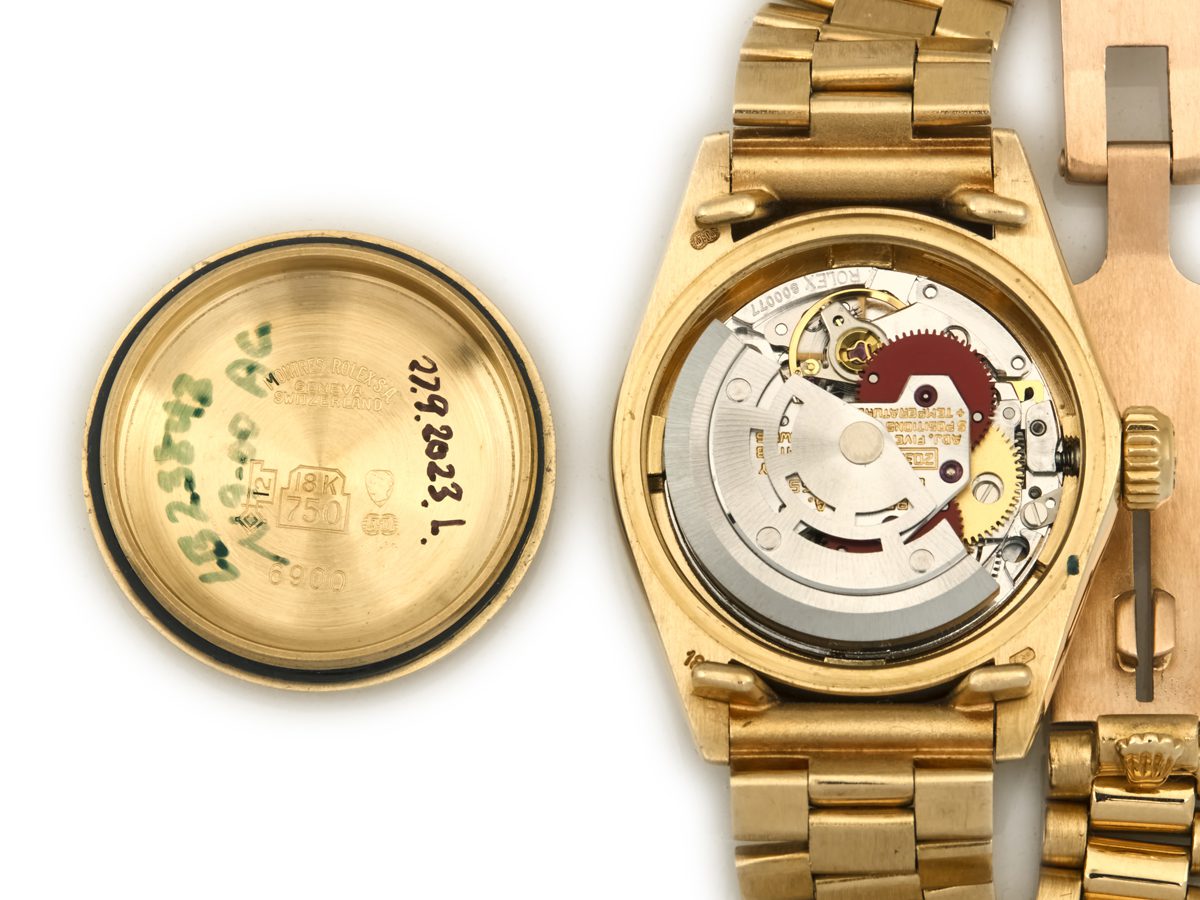
At the end of the day, both quartz and mechanical watches have their place in the world. Quartz is the practical, no-nonsense option for people who just need a watch to do its job. Mechanical, on the other hand, is for those who appreciate the artistry, history, and prestige that comes with owning a piece of horological craftsmanship.
Whatever you choose, rock it with confidence. Because the best watch isn’t about quartz vs. mechanical—it’s about which one feels right for you.

Ronald Reagan’s watch choice reveals a fascinating story about presidential style and tradition. During his time as the 40th President, Reagan wore a steel

Elon Musk’s watch collection mirrors state-of-the-art technology and understated luxury, just like the man himself. The world’s richest person, worth $146 billion, doesn’t always choose
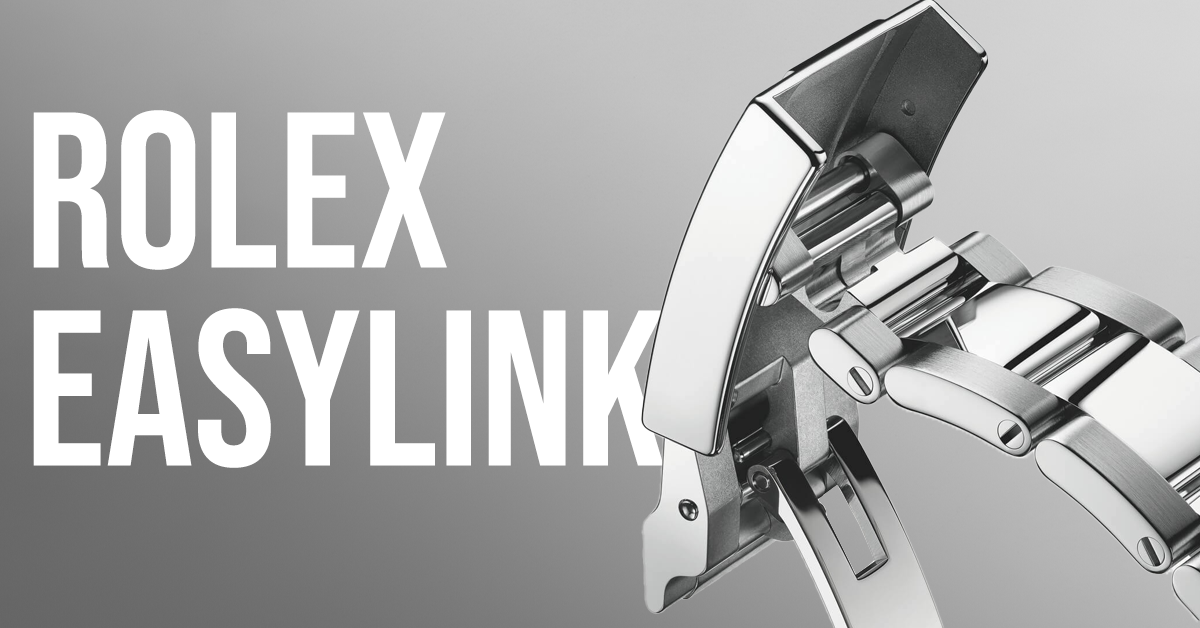
What is Rolex Easylink? Rolex Easylink is a patented micro-adjustment system that lets you fine-tune your bracelet length by exactly 5mm without any tools. This